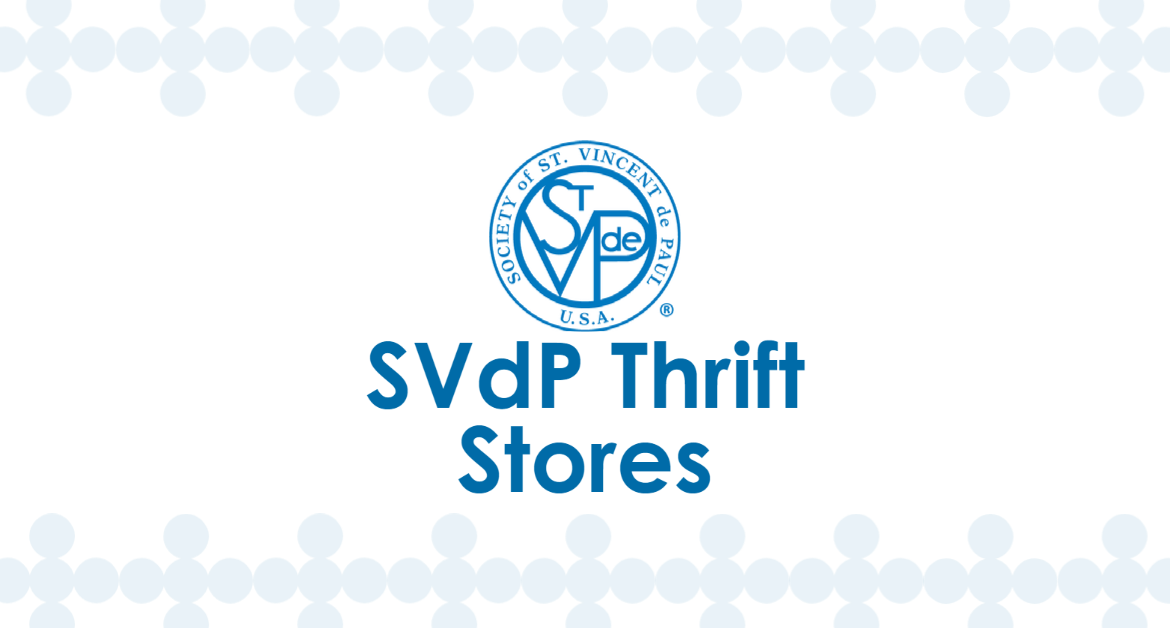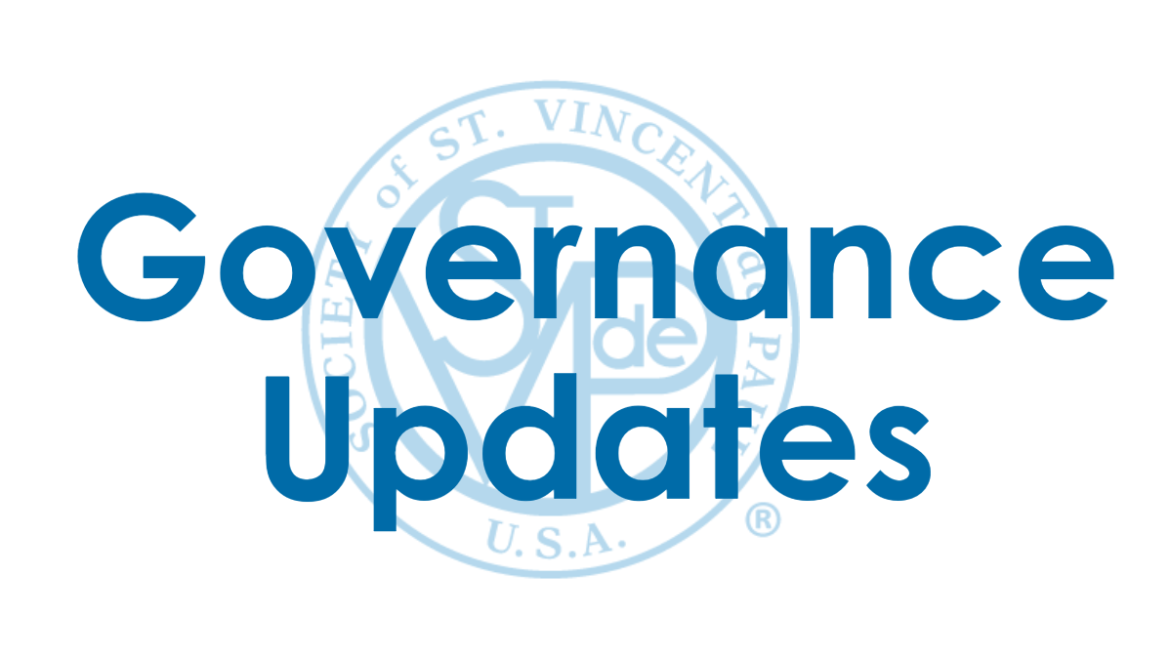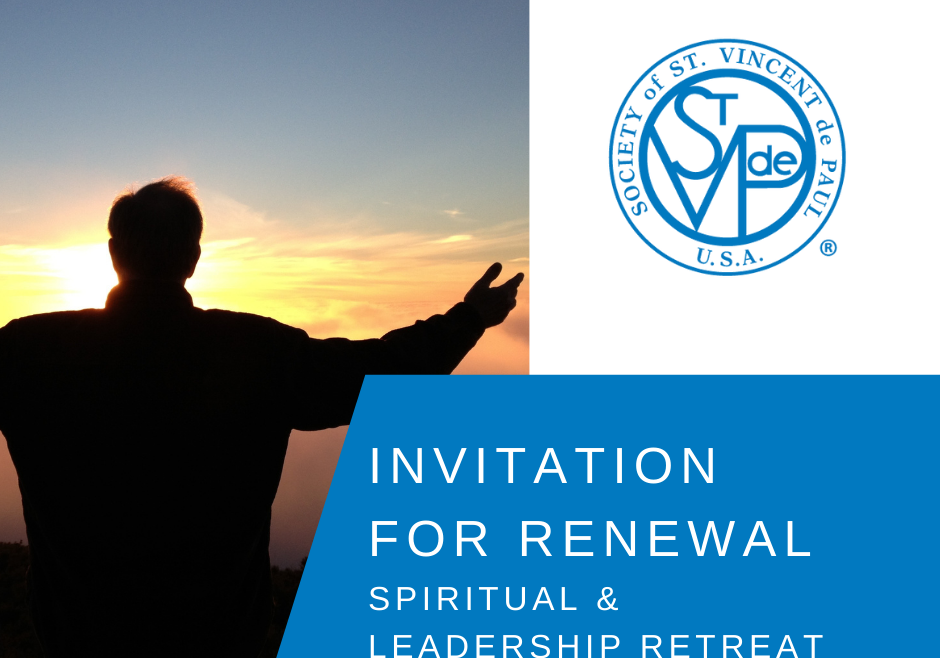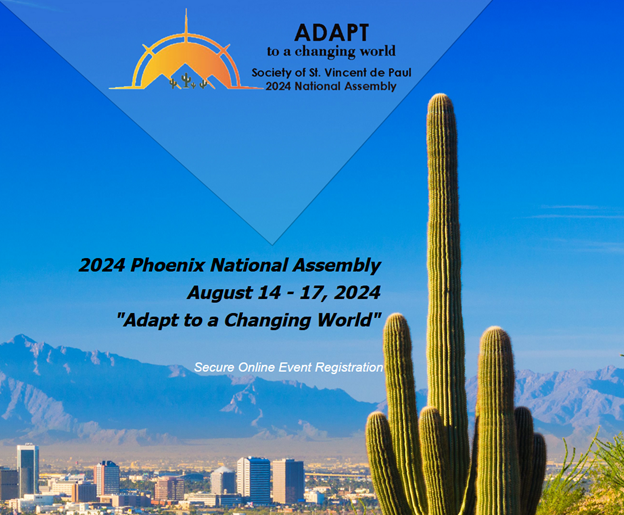Q: One of my new District Council Presidents is asking for a meeting template. Is there such a thing? I know the Rule has the Conference Agenda.
A: The Rule, Part III, Statute 7 has the agenda used for Council meetings. This is the same meeting agenda as expected of Conferences. Every Council has its own set of special considerations, and the agenda should be modified to accommodate its special programs and needs.
Q: Can Conference officers consist of the President Secretary, and Treasurer only, if no member accepts the Vice President appointment?
A: Conference officers (an elected President who appoints a Vice President(s), Secretary, and Treasurer) have no specific authority other than representation of the Conference and requirements to fulfill specific tasks. All decisions are made by the Active Members of the Conference as a whole. According to the bylaws there must be at least one Vice President, hence a member should step forward to serve as VP for a complete slate of officers. The Conference as well as the Council needs to know who will serve in the Presidential capacity should the elected President be unable to serve for any reason.
P: Uno de mis Presidentes de Distrito del Consejo está pidiendo una agenda para la reunión. ¿Existe tal cosa? Sé que la Regla tiene la agenda de la Conferencia.
R: La Regla, Parte III, Estatuto 7 contiene la agenda utilizada para las reuniones del Consejo. Esta es la misma agenda de las reuniones que se espera de las Conferencias. Cada Consejo tiene su propio conjunto de consideraciones especiales, y la agenda debe modificarse para adaptarse a sus programas y necesidades especiales.
P: ¿Pueden los oficiales de la Conferencia estar formados únicamente por el Presidente, Secretario y Tesorero, si ningún miembro acepta el nombramiento de Vicepresidente?
R: Los oficiales de la Conferencia (un Presidente electo nombra sus oficiales: un Vicepresidente, un Secretario y un Tesorero) no tienen autoridad específica más que la representación de la Conferencia y los requisitos para cumplir con trabajos específicos. Todas las decisiones son tomadas por los Miembros Activos de la Conferencia en conjunto. De acuerdo con los estatutos, debe haber al menos un vicepresidente, por lo tanto, un miembro debe asumir la responsabilidad de servir como vicepresidente para tener una lista completa de oficiales. Tanto la Conferencia como el Consejo necesitan saber quién servirá en la capacidad de Presidente en caso de que el Presidente electo no pueda servir como Presidente por cualquier razón.






